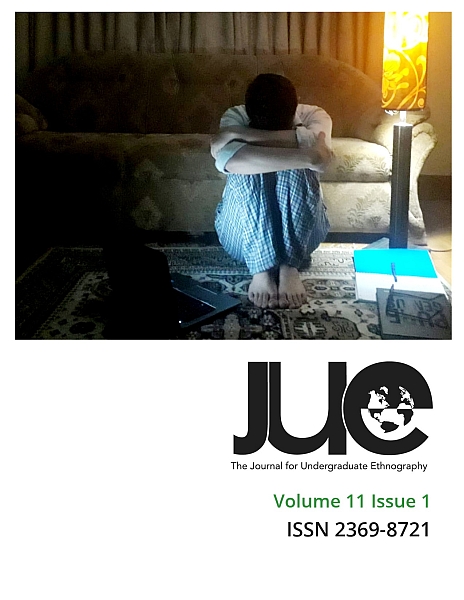Growing Up Between Cultures: How Second-Generation Migrants Perceive and Construct “Home”
DOI:
https://doi.org/10.15273/jue.v11i1.10865Keywords:
second-generation migrants, home, transnationalism, cosmopolitanism, mobilityAbstract
The word “home” can refer to a house, a family, a country, or even to a feeling of safety and comfort. Through increased mobility, the conception of home as a static place loses its meaning. For second-generation migrants, the children of migrants, the concept of home is ambiguous. They can have transnational ties to their parents‘ home country and the country they grew up in. The ambiguity leads second-generation migrants to construct home through reflective practices. Through in-depth interviews with eight second-generation migrants, we found that home is necessarily a complex and varied concept. The most important aspects to constructing a home are family (nuclear as well as extended family), a sense of community through shared values, and lastly reflective practices on what it means to grow up between cultures. While nuclear family provides the first safe space to create a feeling of home, feeling like part of a community is essential for feeling at home in a town or country. Some second-generation migrants find a community in the country they grew up in, while others feel rejected due to discrimination. In those cases, second-generation migrants search for cosmopolitan communities that share values of openness to difference.Downloads
Published
2021-03-19
Issue
Section
Articles


